Traces of England’s Fretful Soap Monopoly of the 1630s
Throughout the sixteenth and seventeenth centuries the English monarchy established monopolies across an array of industries throughout the realm by issuing patents that permitted and limited the production and import of particular goods to a patent holder or corporation. These royal patents of monopoly constituted a prerogative power through which monarchs could both raise funds from the patent holder while also circumventing Parliament, establishing a direct means of crown control over novel as well as long-established trades and industries. Despite being veiled in the dual rhetoric of supporting innovation while also protecting the security of the kingdom, monopolies nevertheless devastated local economies and trade practices just as the court sought greater power over regional and international markets alike.
In his classic study of English patents of monopoly, the political economist William Hyde Price succinctly summed up the process under Elizabeth I: “The courtiers who successively enjoyed [the patents] were in debt to the queen, and she apparently hoped to reimburse herself by helping them at the expense of her subjects.” Over time these accumulated patents of monopoly had produced such an undue burden on the economy of England that successive parliaments under both Elizabeth I and her successor James I attempted to limit this particular aspect of the royal prerogative, but to little immediate effect. Finally, in 1623, Parliament passed the Statute of Monopolies codifying the prevailing legal opinion among most English citizens that “All monapolies […] are altogether contray to the Lawes of this Realme, and so are and shalbe void and of none effecte, and in noe wise to be putt in ure [i.e., practice] or execution.”
With the passing of the 1623 statute, Parliament seemed finally to have caged the power of royal patents of monopoly…for a few years at least. By 1629, Charles I dissolved Parliament, inaugurating what came to be known as an era of “Personal Rule” without redress of Parliament. Tantamount in the minds of many to a complete abrogation of the ancient privileges of the House of Commons in particular, anger and resentment grew over the ensuing decade, leading ultimately to the cataclysm of the English Civil Wars (1642-51). During his personal rule, Charles I took a page from the books of his predecessors, beginning in earnest to grant all manner of patents of monopoly whose legal language was finessed so as to supersede the 1623 parliamentary Statute of Monopolies, leaning mostly on a clause in the statute that gave specific provisions for patenting novel manufacturing procedures.
Few of the monopolies established by Charles I during this period were as notorious as the soap patent granted to Richard Weston, 1st earl of Portland, then the kingdom’s Lord Treasurer and a suspected Roman Catholic. Weston patented a soap-making process new to England, prompting Charles to grant him exclusive rights not only to employ the new method, but also to purchase and import all the relevant raw materials, effectively barring those outside the relevant corporation from producing soap at all. Portland’s patent was first issued in 1631 and iterated upon throughout the subsequent years, including JHU’s rare copy of the 1637 proclamation. Preserved in four untrimmed sheets, printed in blackletter, and adorned with the royal arms of Charles I, the imprint also bears the colophon of another monopoly holder: the royal printer Robert Barker.
This 1637 proclamation was the latest in a long a series of royal fiats that had placed ever-increasing restrictions on the circumstances of soap production within the realm. The first in 1631 had granted the initial patent and forbade the importation of potash, a type of lye, from foreign lands. A second measure in 1633 limited soap production to just one mile from the center of London, Westminster, or Bristol. By the following year, a 1634 measure forbade average citizens of the realm from producing soap even for personal use within their own homes. Together, these pronouncements dramatically centralized more and more power within the hands of the “Society of Sope-Makers” of Westminster, which was also perceived, à la Portland, to be a crypto-Catholic corporation set upon undermining the well-being of the crown’s Protestant subjects, thus giving rise to the popular “popish soap” lampoon.
The 1637 proclamation builds upon the previous decrees by condemning “false and deceitful” practices of soap making that remained throughout the kingdom despite previous edicts, regulating the import of both soap and its base components, establishing a “body politique” of soap makers under the control of one Edward Bromfield, and, perhaps most importantly, vesting the authority to regulate the market squarely within this innovative Society of Sope-Makers. Specifically, the declaration prohibits everyone outside the Society from direct access to the “art and mystery” (i.e., the practice and knowledge) of soap making, while precluding the importation, possession, and sale of materials used in the soap-making process (e.g., oil, tallow, etc.). The document was once again explicit that potash, in particular, may not be produced anywhere in England except by those approved to do so by the Society, and that all materials imported into the realm to make soap must come exclusively through the ports of London or Hull under the strict supervision of the Society.
In an ostensible gesture towards nurturing the public good, the declaration also regulates the price of soap: whale oil soap was to be sold at three pence halfpenny per pound, while olive and rapeseed oil soap were to fetch no more than four pence halfpenny per pound. These fixed prices may have been aspirational, however, for in the same section all authority to regulate these set prices fell once more to the Society, including its authority to search and seize illicit soap and soap-making materials, as well as to fine and even to arrest rogue soap manufacturers. Meanwhile, all seized soap and soap-making equipment, according to the 1637 proclamation, were to be brought to court for the king’s use and subject to forfeiture. All “subjects, denizens, strangers, merchants, artificers, and other whatsoever” who imported either hard or soft soap were now subject to further punishments at the discretion of the Society. The declaration did not just facilitate the Society of Sope-Maker’s abuse of power over a commodity sought after by all, it practically mandated it.
So egregious were these abuses of power codified in the soap patent proclamations of the 1630s that the polemicist Nicholas Bourne printed an anonymous “Short and True Relation Concerning the Soap-business” in 1641, outlining, and in some cases directly reproducing, the wording of these royal proclamations. He railed against the court for ignoring years of complaints volleyed against the patents and condemned their deleterious effect on soap makers throughout the provinces. The Society, with rights to search and seize private property, prosecuted soap-makers who “for not obeying their searchers were fined at great summes; imprisoned at three several times about twenty months; Their goods extended; Their pannes, Fats, &c. broken and destroyed; Their houses of a great yearly value made unusefull; Their families dispersed and necessitated; and their estates almost ruined.” Focusing on lifelong soap makers who were suddenly forced out of work, and in some cases arrested, the pamphlet serves as one of the first anti-monopoly tracts produced for a public readership. In addition to the more serious affronts to the livelihoods of most common soap makers, Bourne’s pamphlet preserves public testimony that the new white soap produced by the Society “spoyled and burnt the linen and fretted the hands of the washers.” The Society denied this and requested in 1633 that laundresses be brought in formally to test the “popish soap” against more traditional Bristol black soap.
With talk of potash, tallow, fat, and oil, the small oil stain that remains on the fourth and final folio of this four-page ephemeron, while normally a mere blemish, in this case preserves a sort of material trace, a paratextual signature, of this rather dirty history of English soap at a crisis point in the history of an essential commodity.
—Daniel T. McClurkin
Bibliography
Susan North, “Washing Linens,” in Sweet and Clean? Bodies and Clothes in Early Modern England (Oxford: Oxford University Press, 2020); William Hyde Price, The English Patents of Monopoly (Cambridge: Harvard University Press, 1906); Harold Evans Matthews (ed.), Proceedings, Minutes and Enrolments of the Company of Soapmakers, 1562–1642 (Bristol: Bristol Record Society, 1940); Christine MacLeod, Inventing the Industrial Revolution: The English Patent System, 1660-1800 (Cambridge: Cambridge University Press, 1988).





